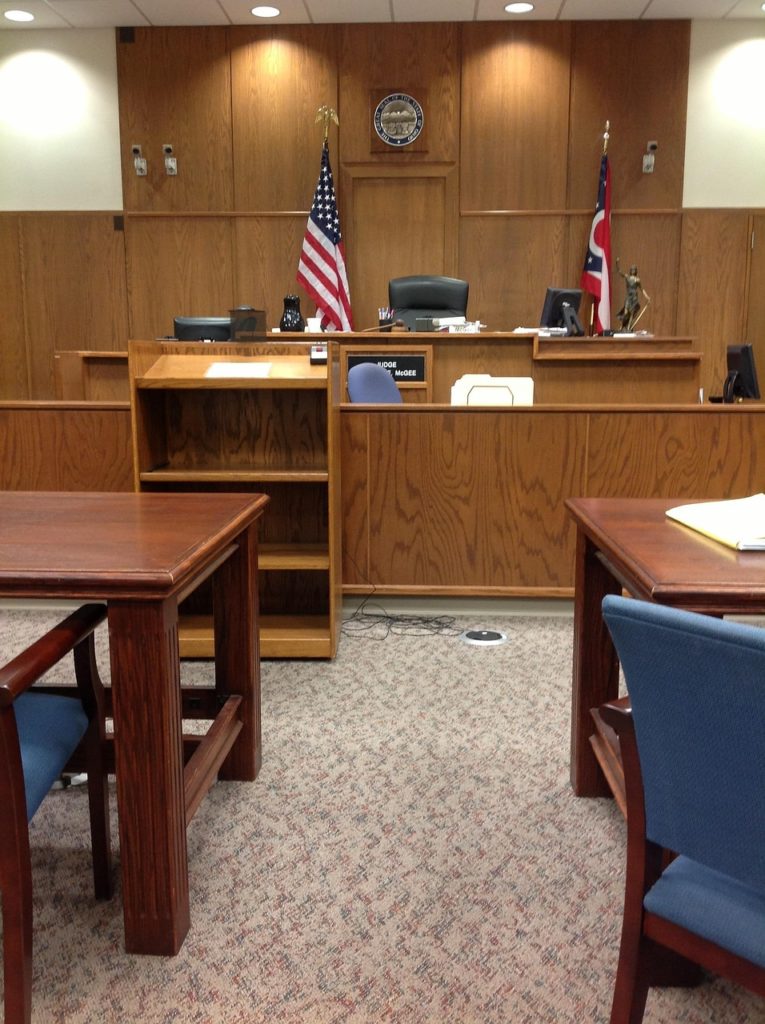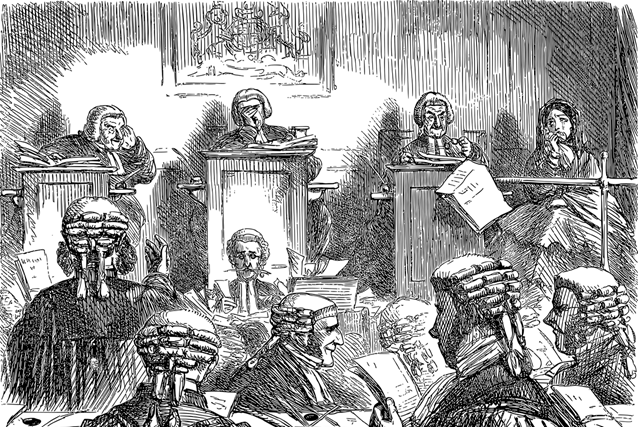An Effective Expert Witness
As an expert witness, you have multiple duties. Not only are you presented with the task of proving yourself as a viable resource, but you’re also subject to the challenges of the courtroom. If you haven’t set foot in a courtroom as an expert witness, you might not fully be aware of the degree to which lawyers use expert witnesses to prove their point. Much like a professional in the tech industry, you may find that you have difficulty explaining your work to others. Expert testimony might be no different. Being considered an expert in our field can take years, if not decades, but it is your experience that can make you invaluable. With your experience, however, you’ll also develop the language that can make it difficult for others, even in a courtroom, to understand. Fortunately, we’ve put together this list of tips design to help you become the best expert witness you can possibly be.
Make a connection with the judge and jury
Lawyers call upon expert witnesses to support or verify their viewpoint in a given case. To be an effective expert witness, you’re going to want to develop a connection or mutual understanding with the judge and jury. What makes this challenging, however, is the jury itself. Because a jury consists of everyday folk, it will be important to walk the line between proving your expertise and speaking in a way that helps them understand you. To to this, keep in mind other talks that you give. For example, if you’re someone who makes presentations on a regular basis, you are probably aware of the fact that your audience contains a mix of people from all kinds of backgrounds. In that audience, there are ranges of educations, backgrounds, levels of understanding, and more. A jury is no different. A jury will not have the same amount of knowledge that you have on the subject, so it will be difficult for them to comprehend your level of understanding. In other words, whatever strategies you use to find a balance in your presentation, translate that into the courtroom and you’ll do just fine.
Keep it simple
Before stepping into the courtroom, you’ll need to examine the kind of language you plan on using. Take the time to remove the acronyms, jargon, and highfalutin vocabulary from your talk. You’re not going to get your point across effectively if you’re so far above the jury’s heads that they begin to tune you out. If you find that certain elements cannot be removed from your presentation, be sure to explain them the first time you mention them. Keep in mind that you may have to give a refresher if you’re called upon more than once.
Another way of looking at this is that you can’t speak to a jury like you would speak to a colleague. On the other hand, creating a simpler presentation doesn’t mean you need to “dumb it down” in order for everyone else to understand you. You’ll be doing the jury no favors if you appear condescending, so focus on coming from the right place. Remember, the idea is to ensure that everyone can understand you and has a clear picture as to how your information relates to the case.
Stay Calm When Giving Your Opinion In Court
Unless an expert witness has handled numerous court cases, it is hard for them to remain calm in the midst of a tough and unwavering cross-examination by an attorney determined to prove their theory/ opinions false. It takes more than literacy to retain composure and respond rationally. Actually, the few experts who try to remain rational give rhetoric answers in a bid to avoid confrontations. They try to retain a low level of agitation despite having little to no control over the court system that sometimes may seem to be against you.

Almost all lawyers have cross-examined experts and experienced at the game. So, they know how to intimidate and confuse you until you compromise your ability to offer the right expert opinion. However, your counsel has a duty to protect you if the cross-examining lawyer acts inappropriately. But that is never enough to keep you calm. So, how can an expert witness remain calm in a court of law?
Remained focused on the task at hand
Being hired as an expert witness means that you are a guru in your area of specialization. As such, you are expected to prove your point and enlighten the court regarding the issue at hand. Your job is not arguing or trying to outsmart the opposing counsel; you simply state facts and truths before offering the expert opinion. Your duty is to explain complex issues that you best understand to a court that is ready to know more. So, focus on the jury and make sure that you are familiar with court procedures. Your counsel should take you through what to expect as you prepare for the hearing together. But, do not be in a hurry to give your opinion; take your time and make sure that the jury understands your approach to the issue.
Accept fear and control how you respond
If you feel afraid, embrace the fear to avoid panicking. If it is your first time testifying as an expert, you may feel tense and afraid of the questions. To fight the fear, view the situation as an opportunity to be the hero by explaining an issue too complex that a court of law needs an expert to decipher. Also, understand that the jury needs your explanation to arrive at a conclusion or make a ruling. Even as the opposing counsel throws questions at you, view that as yet another opportunity to deepen the jury’s knowledge of the situation.
Practice
An expert witness is required to work with their counsel to plan a favorable defense strategy. Working together also means helping each other understand the situation better. As the expert, you should help the attorney understand your area of expertise. The attorney should also help you understand court proceedings and how the questions will be directed to you. You should practice a court session with your counsel to get you prepared.
Conclusion
Being on the witness stand is not easy because your opinion counts and you are hired to protect one side. So, a simple mistake can lead to failure and probably breach of your contract. But, with the right practice and dedication, you can overcome the fear. Just ensure that you get orientation from your attorney.
Images provided by
Image by Gordon Johnson from Pixabay
Image by ohioduidefense from Pixabay





0 Comments